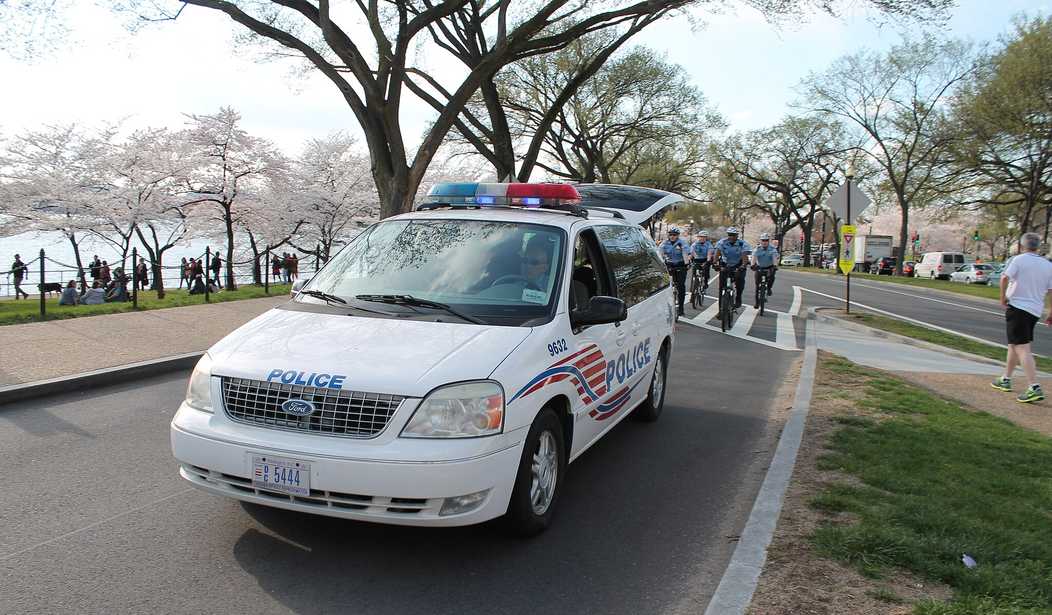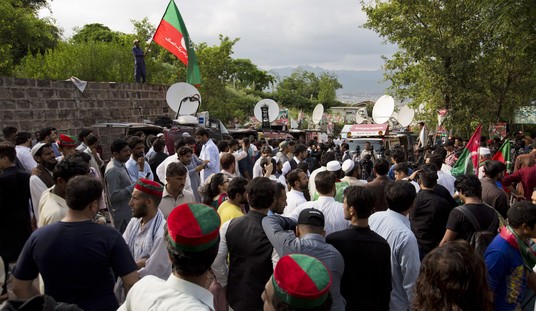Teen curfews have become all the rage in U.S. cities this year. The explanation is simple: politicians need to be seen to be “doing something about the problem” of crime and mayhem involving kids under the age of 16, and even though they don’t make a spit’s worth of difference, imposing a useless curfew is better than nothing.
Washington, D.C., decided to start enforcing its curfew, on the books since 1995, on September 1. The police set up youth curfew enforcement areas and assigned officers to patrol them.
Unfortunately, the very first night the curfew was being enforced, four people were killed in shootings in or near the curfew enforcement areas. And no teens were taken into custody to be turned over to the Department of Youth Rehabilitation Services.
Not surprising, say most experts.
The Marshall Project has found that arrests of people 17 or younger for violent crimes have been declining for years nationwide. Even when young people do commit violent offenses, federal data shows that crimes peak in the afternoon, hours before most juvenile curfews begin.
Critics argue that curfews aren’t just ineffective, but are potentially harmful for young people. Advocates across the country have raised concerns about curfews increasing the interactions that Black and Latino teenagers have with police. Depending on the city, teenagers can face a citation or even arrest for curfew violations, and their parents can be dealt fines as high as $1,500 for repeated violations.
David Wilson, a criminology professor at George Mason University, said the academic community has reached consensus that curfews aren’t effective at reducing crime.
“The common problem with crime policy is that both politicians and among the public — if their common sense notions are at odds with the research — they just disregard the research as a general rule, and I don’t know why,” he said.
Curfews may have been more effective 50 years ago when I was a teen. There was a curfew in the suburban Chicago town I grew up in, and all of us kids knew that unless we wanted our parents to come down to the police station to be picked up on a curfew violation, when 10 p.m. rolled around, we went home.
It was a radically different world back then. Parents were different. Police were different. Society was different. Curfews helped parents wrangle their kids and get them home at a decent hour. They weren’t needed to stop violent crime by teens or other lawbreaking.
And that’s why curfews — no matter how well-intentioned, well-thought-out, and strictly enforced — don’t lower juvenile crime rates.
In 1996, President Bill Clinton called on cities and towns to impose nightly curfews on teenagers. Today more than 400 towns, cities and counties have enacted youth curfew laws, according to the National Youth Rights Association.
But U.S. juvenile curfews are “ineffective at reducing crime and victimization,” according to a review summarizing the findings of 12 studies that was published in 2016 by the Campbell Collaboration, an international social science research network. The review also found a slight increase in crime during curfew hours and no effect on non-curfew hours.
These 12-15-year-old kids may be children in the eyes of the law, but they’re the favorite age group for gang hitmen. Soulless, conscienceless killers are not going to be swayed by a curfew. Other kids out that late have no respect for the police, the law, or their parents. And that might be the biggest change in the last 50 years.









Join the conversation as a VIP Member